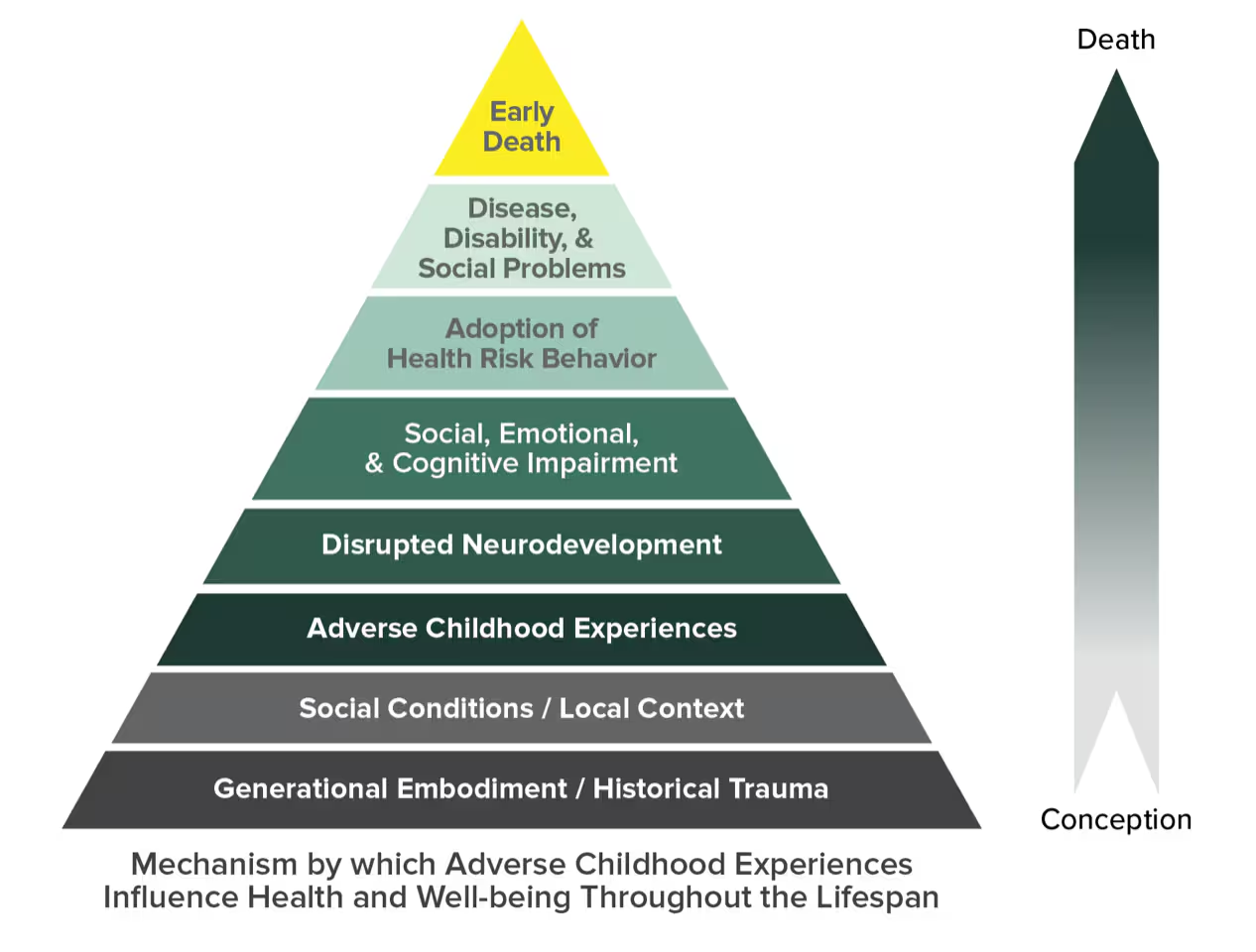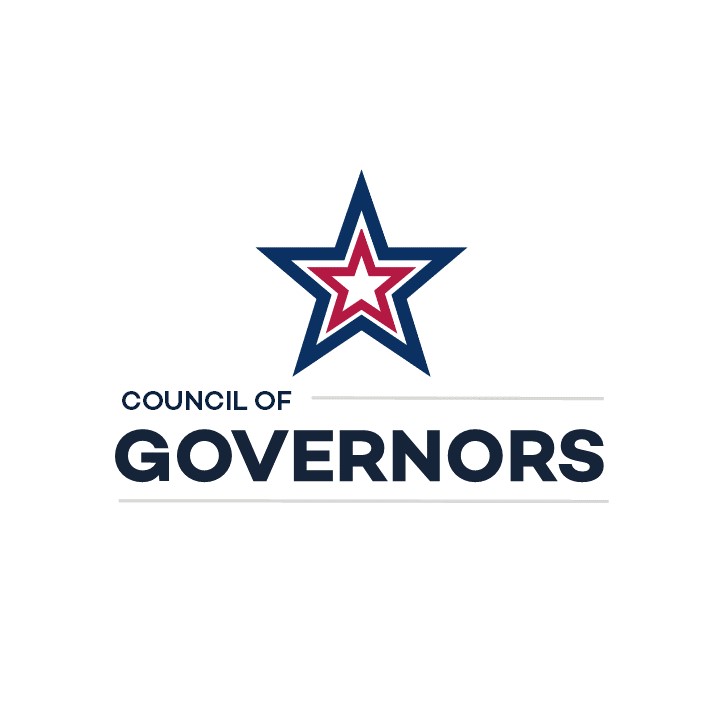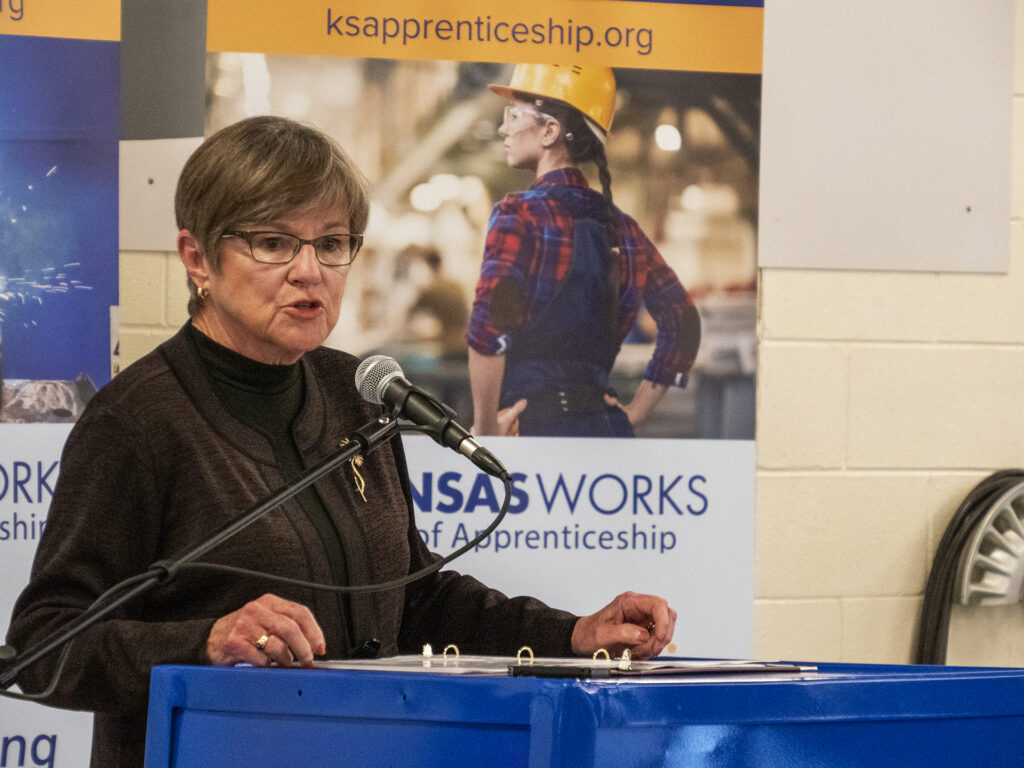Since 2021, Governors in more than twenty states have taken steps to remove unnecessary bachelor’s degree requirements for jobs in the public sector. This momentum for innovation, spurred by a tight labor market and a vision for creating economic opportunity, has been accelerating the national policy conversation around skills-based hiring. In response to these moves by Governors across the political spectrum, the National Governors Association Center for Best Practices launched Skills in the States to support 23 states and territories in implementing skills-based hiring and talent management initiatives in the public sector.
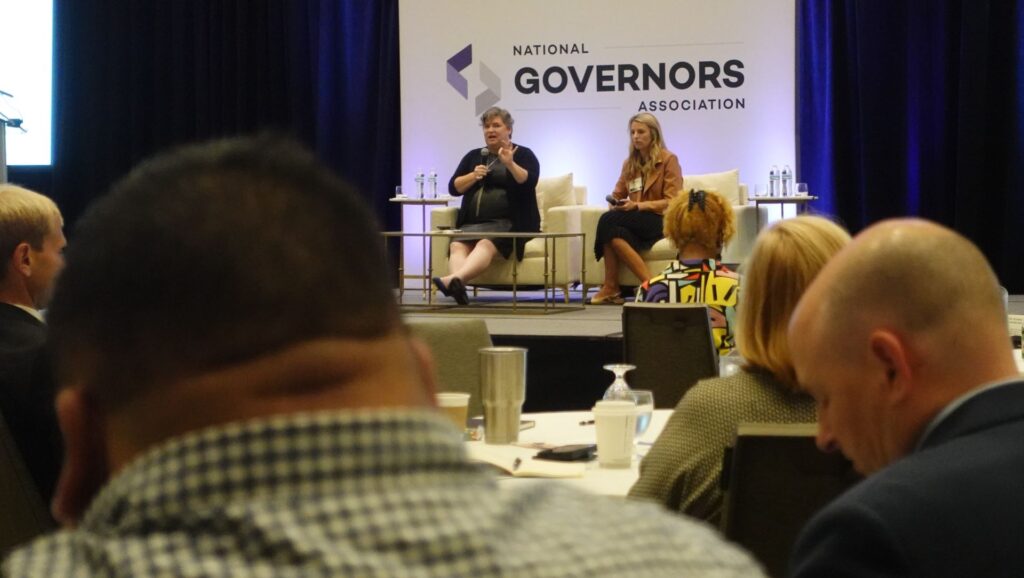
NGA’s Amanda Winters, Program Director for Postsecondary Education, and Sytease Geib, Skills-Driven States Project Manager, led a discussion focused on a bipartisan group of states and territories adopting skills-based practices on September 11, 2024, at NGA’s meeting of governors’ education advisors. They also highlighted the opportunities and challenges states face as agencies overhaul HR systems, shift hiring/management culture, and revitalize recruitment and hiring practices to address talent shortages and increase access to work opportunities for qualified applicants.
In June, state teams embarked on an action planning process with NGA that highlighted the innovative progress states are making in skills initiatives, and these teams identified key focus areas and activities that each state team will implement beginning this fall. Based on the feedback from the teams and their desired focus areas, NGA created three topically aligned working groups that will focus on hiring, advancement, and retention to maximize collaboration and ensure states receive the appropriate technical assistance support. Each state team can opt in to a working group that best aligns with their implementation goals.
Winters and Geib shared the following project reflections and key takeaways from the community of practice with Governors’ education advisors:
States and territories define ”skills-based hiring” differently and are in various phases of implementation.

- States and territories that have removed bachelor’s degree requirements from job postings are determining how skills are assessed and validated when degrees are no longer the proxy.
- Teams participating in the Skills in the States project are using the skills-based hiring movement to overhaul the talent management process, reviewing and adjusting long standing policies and procedures that no longer align with 21st century talent management best practices. Teams are also exploring innovations in employee advancement and retention by adopting a skills approach.
Implementing skills-based hiring is a long-term, complicated process where the vision is outpacing the action.
- Like any new process or overhaul of outdated systems, progress is slow and difficult to articulate. Communicating the success of skills-based initiatives will require innovative data systems and metric tracking to assess long-term impact.
- It will be crucial at all levels to develop a skills-focused culture and provide change management training that embraces skills, as well as articulate the purpose and value proposition of skills-based talent management practices.
Promising best practices emerging from this work include the following:
- Public sector agencies are creating new partnerships and expanding existing ones with K-12, community college, and workforce systems, and with community-based organizations to source and recruit talent.
- States and territories are re-evaluating job requirements by integrating skills language and creating multiple pathways for skill attainment and career advancement.
- Public sector agencies are developing internal training focused on skills-based hiring strategies and change management training to encourage the adoption of skills initiatives.
- States and territories are exploring emerging technologies that streamline skills identification, matching, and the recruitment process.
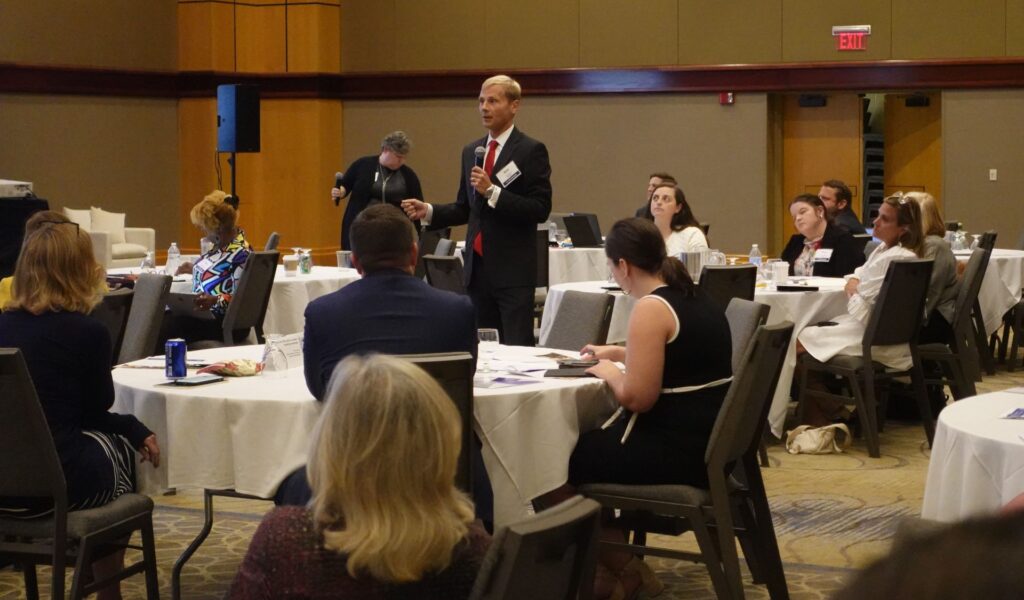
Governors’ education advisors also heard from Amanda Dew, Policy and Cabinet Affairs Liaison for the Commonwealth of Massachusetts, and Katie McGarry, Strategic Policy Advisor to Connecticut Governor Ned Lamont who shared their Governors’ vision for skills-based hiring and talent management strategies. Nick Moore, Director of Education and Workforce Transformation to Alabama Governor Kay Ivey closed the session by highlighting Alabama’s vision for a skills-first future and their innovative work at the state agency level and Alabama’s workforce system through the Alabama Talent Triad.
Follow along with the Skills in the States Community of Practice here.


